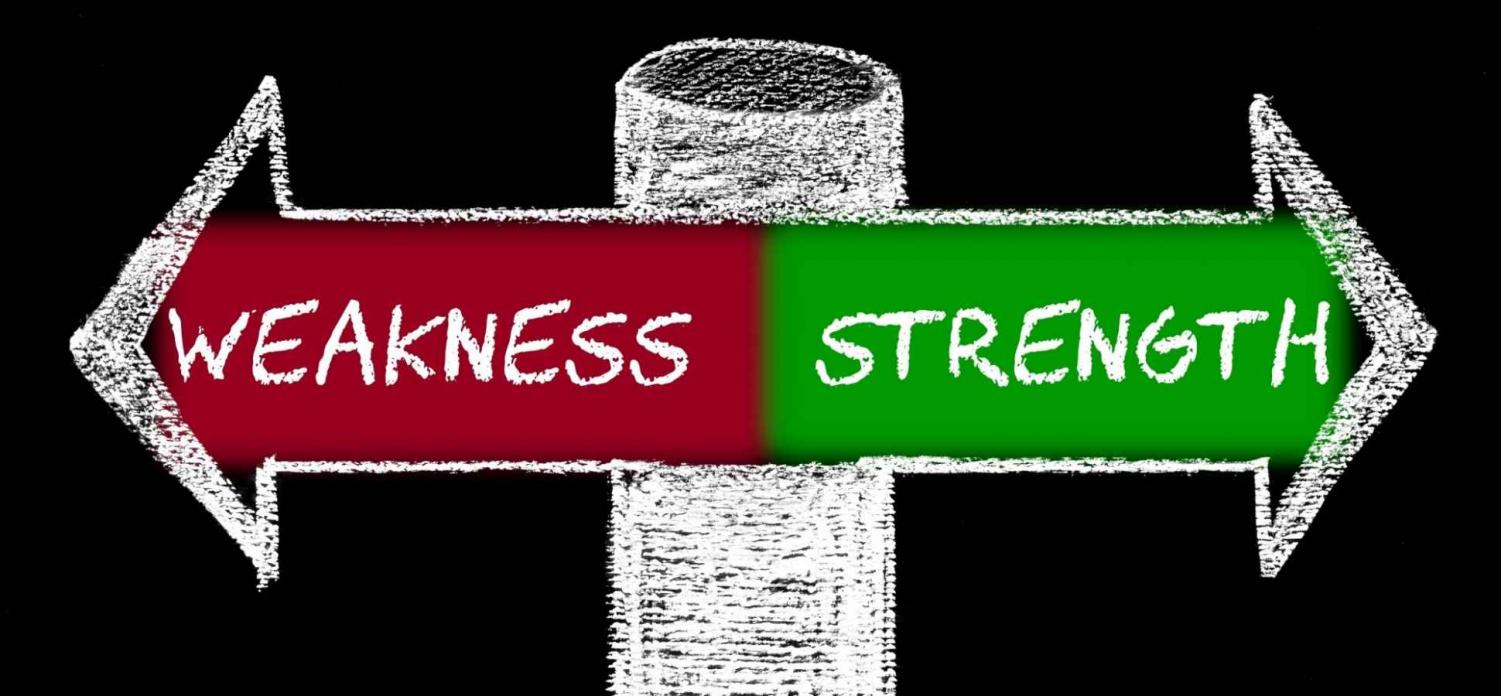This story was originally published in print on Jan. 31, 2019.
There seems to be a governing assumption in our world today about the nature and reality of power. Power is seen as good if it “accomplishes” the sorts of things I believe in. Power is bad if it does not, or worse, “accomplishes” things that go against my belief system. Under the banner of Christ, many Christians have come to believe that the ends really justify the means, even when the means themselves are evil. For some of us, we may see this clearly in the political sphere, but this is not merely a problem there, but in every human heart. The question of power penetrates every sphere of human existence and, particularly, shows up in the mission and activity of the church.
SOON-TO-BE CULTURE SHAPERS MUST UNDERSTAND POWER
As I think about undergraduate students at Biola University, and the desire to be “culture-shapers,” leaders and perhaps prophetic voices in both the world and church today, we have to attend very carefully to the nature of power. In my own desires to shape evangelicalism as an undergraduate Bible student and then as a seminary and doctoral student, I came to recognize that at the core of my drive was a misplaced grandiosity. When it came to the question of power, I assumed a worldly view of power and thought I could wield it for Christian ends. I failed to understand that doing so would warp the core of my message, and more profoundly, warp my own soul.
At the heart of the biblical view of power is Jesus’ claim to Paul in 2 Corinthians 12:9 that his power is made perfect in our weakness. In this sense, if we contrast a worldly vision of power with a Christian one, a worldly vision of power is that power is attained in our strength for the sake of control—and typically domination— whereas a kingdom vision of power is that power is received in our weakness for the sake of love. Kingdom power is received, which is why Paul reflects upon Jesus’ claim by saying, “Therefore I will boast all the more gladly of my weaknesses, so that the power of Christ may rest upon me.” Paul’s power in the kingdom comes from without because it is the power of Christ.
Christian power—true kingdom power—is power in weakness, and therefore weakness is not something to be destroyed, avoided or ignored, but embraced. Yet this runs contrary to the prevailing assumptions both outside of and within the church today. So we learn to wield our strengths at the problems of the world and of our own lives, thinking that what God is really calling us to is to be savvy enough, strong enough and sophisticated enough to make a difference. Paul’s question to the church of Galatia in Galatians 3:3 comes to mind, “Having begun by the Spirit, are you now being perfected by the flesh?” Too few have really sat with the implications of all of this, that we can seek to advance the kingdom and the gospel in the flesh rather than in the Spirit, and that we can employ a vision of power for good ends in such a way that undermines the kingdom value of the work. Paul even warns in 1 Corinthians 1:17 that we can preach in such a way that the “cross of Christ be emptied of its power.”
WE ARE CALLED TO A LIFE OF KINGDOM POWER
The Christian life is a life of power, but it is not the power we want in our flesh, nor is it the power on sale in the world. Rather, the power of God we are called to embody is a power known in our weakness. As you hold your visions and desires for the future in all of the various vocations you may be called into, does your vision for power align with Jesus’ call and Paul’s articulation of what this looks like? Or have you bought into the assumption that if we do something well enough, with enough savvy and sophistication, that your actions will be unblemished by the power you employ? Your answer to that question will determine a great deal of how open we are to Jesus’ proclamation of the kingdom, and how willing you are to have faith in both Jesus and his way.
Dr. Kyle Strobel is an Associate Professor of Spiritual Theology at Biola University’s Talbot School of Theology and co-author of “The Way of the Dragon or the Way of the Lamb: Searching for Jesus’ Path of Power in a Church that has Abandoned It.”











